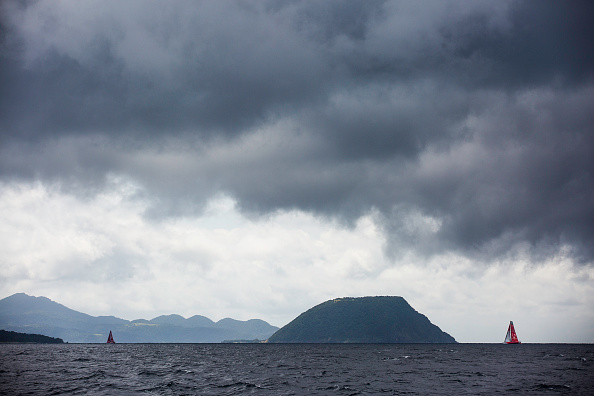
Living where the weather is overcast a lot may mean that you are at greater risk of developing pancreatic cancer, according to a study. The association may be because people in cloudy areas are not getting enough vitamin D from the sun.
The study, conducted at the University of California, La Jolla, and San Diego State University, compared information about cloud cover and the incidence of pancreatic cancer in 172 countries. The researchers found an association between higher amounts of ultraviolet B radiation due to less cloud cover and lower rates of pancreatic cancer. This association was still found even when they controlled for several factors such as obesity, alcohol consumption, and smoking that could have thrown off the results.
People who live in countries that receive low amounts of ultraviolet B radiation because of lots of cloud cover have about six times the rate of pancreatic cancer as those who live in countries with low amounts of cloud cover.
This finding appears to point to a relationship between vitamin D levels and a reduced risk of pancreatic cancer. Exposure to sunlight stimulates the skin to make vitamin D3 in the epidermis. Vitamin D3 then travels through the blood to the liver, where it is changed to the main form of vitamin D, also called calcidiol. Fair-skinned people only need 10 to 20 minutes in the sun to get all the vitamin D they need, while dark-skinned people need more.
Some previous studies found an association between vitamin D levels and a low risk of pancreatic cancer, while others have not. A disadvantage of this study is that is only shows an association between cloud cover and an increased risk of pancreatic cancer, and does not prove that cloud cover and pancreatic cancer incidence are directly related.
Pancreatic cancer has a very high mortality rate. The one year survival rate is 20% and the five-year survival rate is only 6%, according to the Hirschberg Foundation for Pancreatic Cancer Research.
